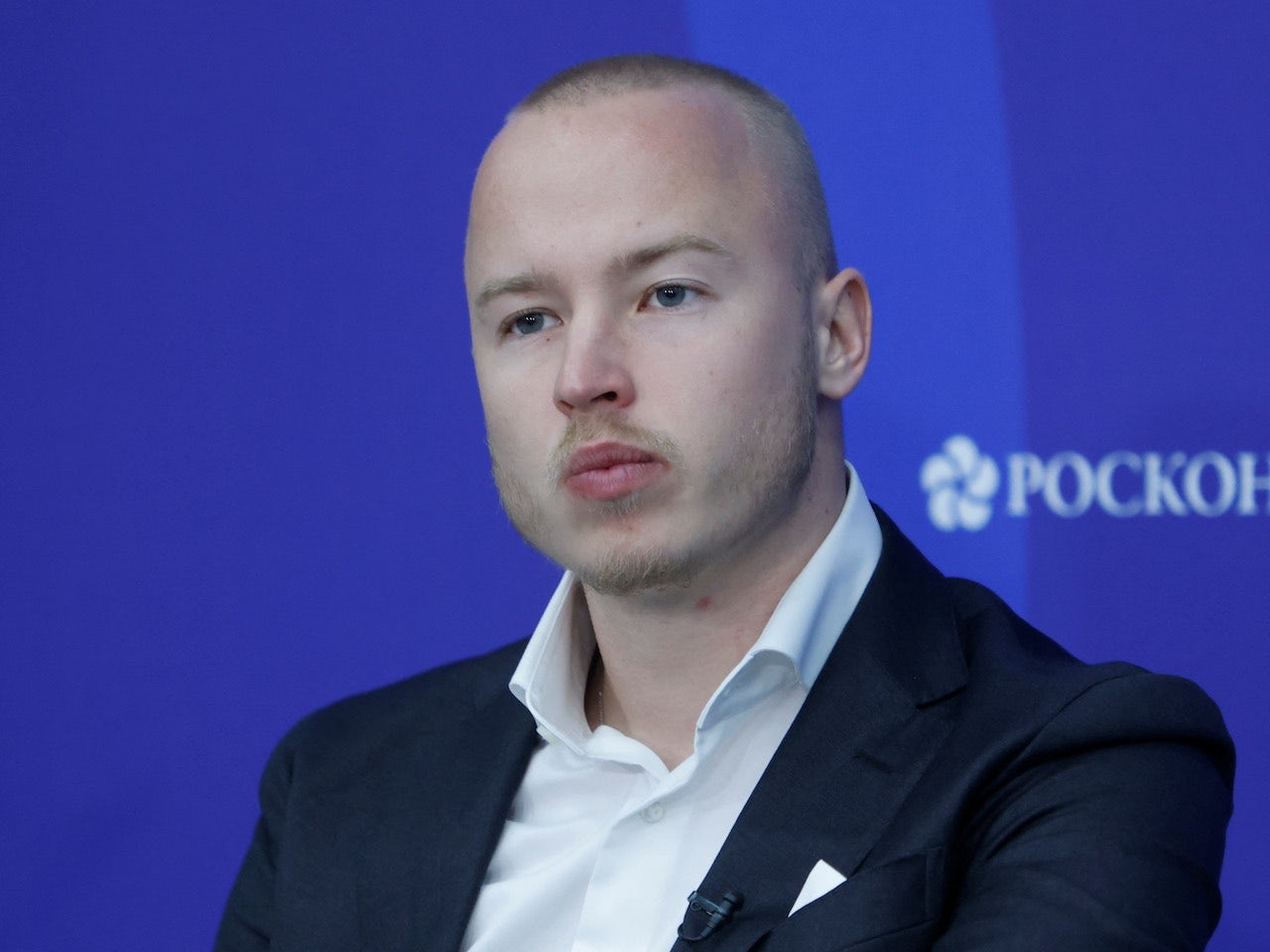Nikita Mazepin has set an "example" by fighting for his right as a Russian citizen to race in Formula 1.
That is the view of Russia's first-ever F1 driver Vitaly Petrov, following Friday's news out of the court of justice of the European Union.
In a ruling, the court agreed with axed Haas driver Mazepin, 24, that despite being specifically named in anti-Putin sanctions along with his father Dmitry, he once again now has the right to travel to Europe to negotiate with F1 teams.
"This was a rather special case, because he also got himself on the EI sanctions list along with his father," Petrov told RT.
"It's great that at least part of the restrictions are now removed from Nikita and he is allowed to negotiate. I think his case should become an example so that the rest of our athletes can also defend their interests in this way," he added.
"People will see that if not by their own international federations, then at least in the European Court of Justice they can protect their rights," Petrov added.
Anna Antseliovich, a sports lawyer who was once head of Russia's anti-doping agency, also comment on the landmark Mazepin ruling.
"Other Russian athletes may well follow the example of Mazepin," she said.
"We are talking about the realisation of the right to work. Nikita was deprived of the opportunity to perform his professional duties, as being on the EU sanctions lists banned him from signing contracts.
"This situation can really serve as an example for all Russian athletes," Antseliovich added. "They also have the opportunity to challenge the verdicts of their federations."







